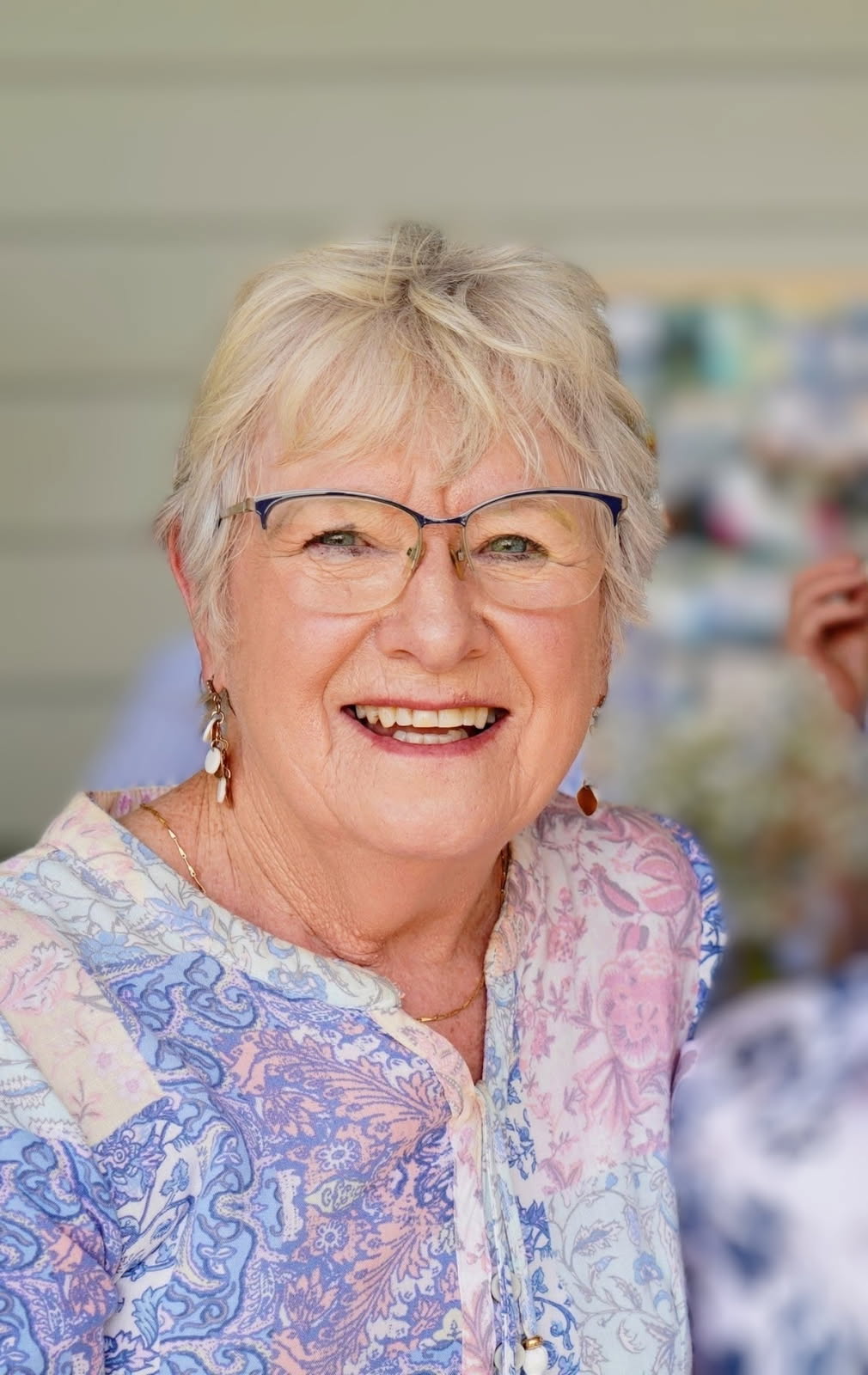
About Bernie
Bernie provides volunteer support in peoples homes in Mt Gambier. Providing carer respite, making people comfortable and helping them focus on quality of life.
Q&A Interview:
Disclaimer: The views expressed are the opinions and thoughts of our interviewees, reflecting on their own experiences and views.
We visit ‘in the home’ and support the ill person (client) as well as their carer and families. We relieve the carer to have some time off – we might sit with the client, take them out somewhere, read to them – it really depends on their interests and needs.
Our service starts from the point of diagnosis of a life limiting illness. It is not only for the last stages of life as we can provide support along the way to make their life more comfortable and to retain as much independence and quality of life as possible.
After a family member was diagnosed with breast cancer, and from several unsatisfactory experiences, a fire started to grow in my belly which hasn’t eased. I decided to play a central role in supporting my family member through this stage of her life.
As a nurse of 40 years, I found it most rewarding during my career to work in palliative care. So, when the opportunity presented itself to give back to the Mount Gambier community, I followed my inspiration and I’m so glad I did.
There were no South Australian guidelines for training and COVID was happening. After getting in touch with Dr Fairbank
(Warrnambool & District Community Hospice)in Victoria, we had our first group of local volunteers train in the Victorian Volunteer Palliative Training which was presented by the Warrnambool people via Zoom.
Since then, we have been able to train new volunteers ourselves under the guidance and support from Warrnambool. They have been operating for several years and because of their success they have guided us and helped us get very advanced with our services in a very short time.
I have experienced deep friendship and connection. Being able to give back and assist nearing end of life is both rewarding and challenging. Friendships have grown amongst the volunteers from all walks of life, it’s wonderful.·
Volunteers support both the client and their families/carers. We are with a loved one while carers can have extra time to themselves. It is terrific when there is a realisation from family that they don’t have to do it alone. We are with them.
There are some people in our community that have no one. I supported my first client over 18 months and he lived on his own. I visited weekly for coffee, doctors, chemo, pathology, shopping, prune his roses, or a drive to get out of the house – and we shared many, many laughs. His daughter lived at a distance, and she was relieved that someone was there with her dad once or twice a week. It was also wonderful to meet up with the daughter when she could visit.
Support is freely available to volunteers, clients and their families by the ‘In Home Hospice Counsellor’. She is terrific. We also arrange regular catchups with a group of volunteers and when in a confidential environment we chat together about our challenges. Our Volunteer Supervisor is also a source of assistance too. I feel well supported.
I would love to see a 24×7 palliative service in regional areas for patients to be able to stay in their local community and receive support and visits from those that love them instead of seeking treatment in metro areas far away from their community.
We need more palliative care trained nurses in regional hospitals and education for the community around the word ‘palliative’ and what it truly means.
Don’t be afraid of the word ‘Palliative’ it’s more than you think. My advice is that you need to have the right drive and go get involved. Remember that you cannot change the outcome, but together we can affect the journey.
If you have a caring nature ‘in home hospice’ is a great way to express those skills.
To carers I would say, “don’t wait until you are burnt out, call on a volunteer; we are here for you.”

